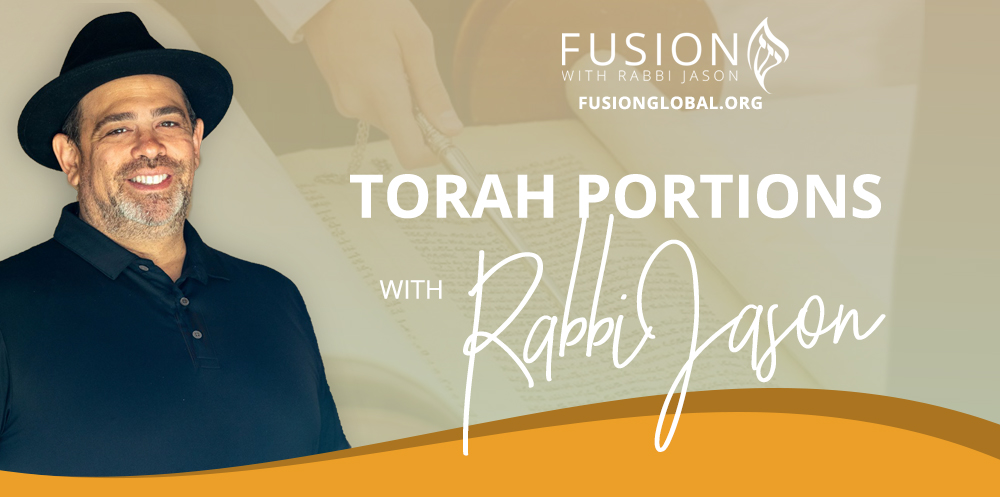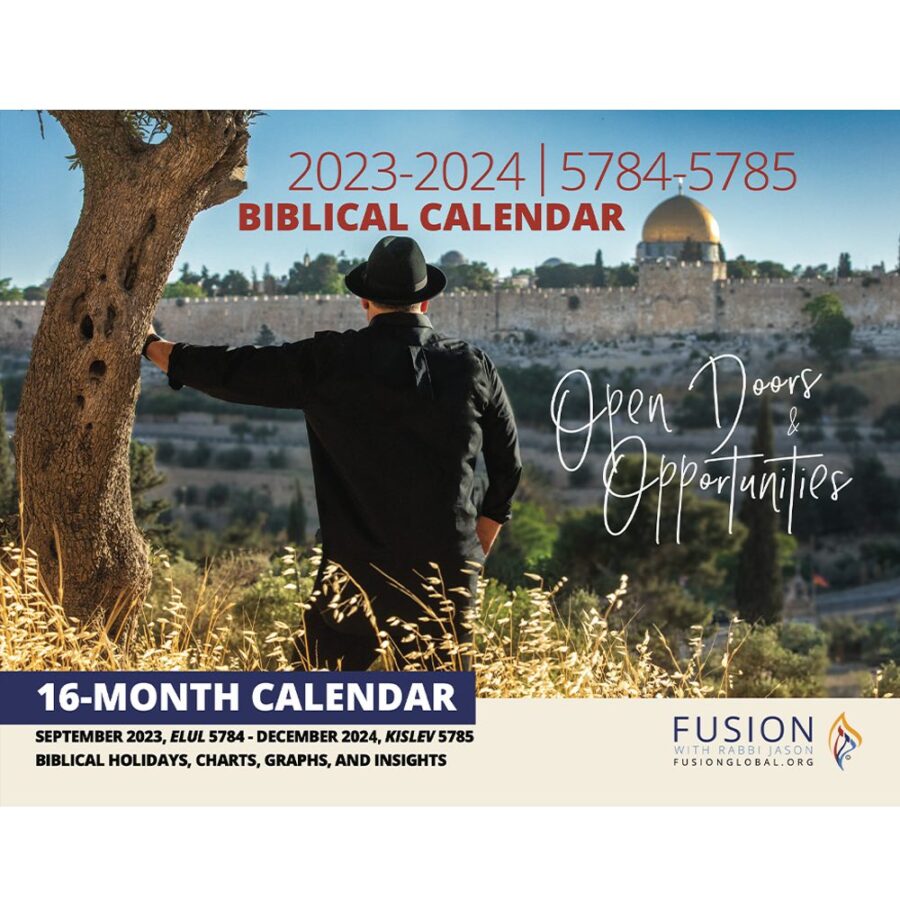An Invitation to Greatness: Torah | Rabbi Jason Sobel | Fusion Global
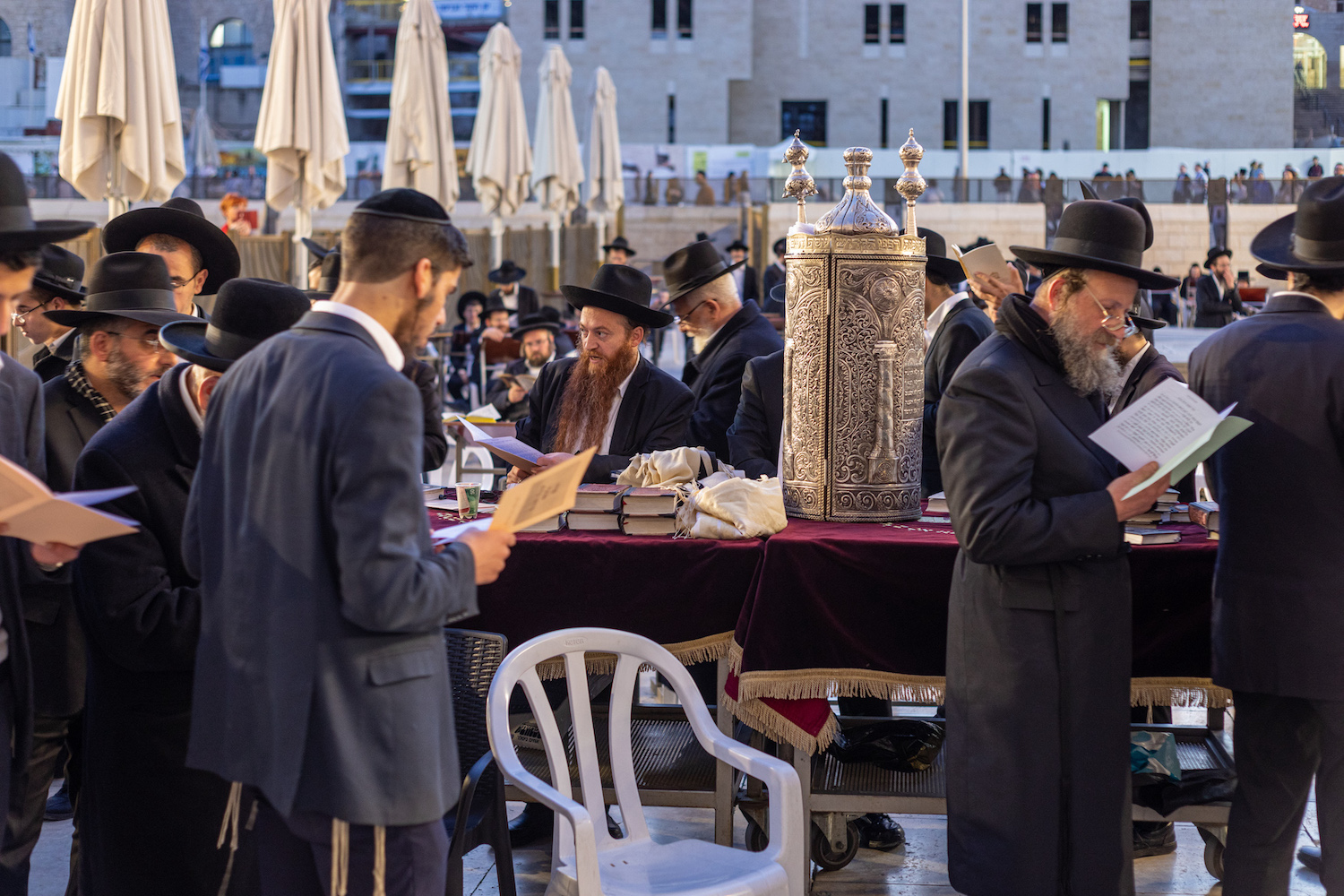
Why Study the Torah?
The “Sermon on the Mount” inevitably comes to mind when we think of Yeshua-Jesus’ teachings. With well-known sections such as the Beatitudes and the Lord’s Prayer, not to mention radical instructions like turning the other cheek, these three chapters in Matthew’s Gospel have been beloved by believers for nearly 2,000 years. But there is one segment near the beginning of this “sermon” we can easily overlook. Yeshua said,
“Do not think that I came to abolish the Torah or the Prophets! I did not come to abolish, but to fulfill. Amen, I tell you, until heaven and earth pass away, not the smallest letter or serif shall ever pass away from the Torah until all things come to pass. Therefore, whoever breaks one of the least of these commandments, and teaches others the same, shall be called least in the kingdom of heaven. But whoever keeps and teaches them, this one shall be called great in the kingdom of heaven.” (Matthew 5:-19 tlv)
The Jewish people celebrate the holiday Simchat Torah, which translated means, “Rejoicing in Torah.” This day is a celebration of the conclusion of one and the beginning of another annual cycle of Torah readings. That’s right: the Jews read through the Torah over the course of a year. Every year. It’s a practice that is central to Jewish worship and identity. But that’s part of the problem, isn’t it? Gentile followers of Yeshua are prone to equate such a practice with culture and ethnicity. In other words, “that’s a Jewish thing and since I’m not Jewish, it’s not for me.”
Unfortunately, when we think like this, we’re not only missing out on a considerable part of our spiritual inheritance, we’re arguably living lives that are inconsistent with the teachings of Jesus in the New Testament. Notice that in the Sermon on the Mount, Yeshua didn’t say that those who keep and teach the Torah will be great in Israel but great in the “kingdom of heaven.” Friends, the study of the Torah transcends ethnicity and culture—it’s a kingdom thing! Torah study is a journey deeper into the words that the Apostle Paul described as “breathed out by God and profitable for teaching, for reproof, for correction, and for training in righteousness” (2 Tim 3:16 esv). That verse begins with the phrase, “all Scripture.” It’s safe to say that “all” includes the Torah, especially considering that in Philippians 3, Paul listed his excellent relationship with the Torah as a noteworthy “qualification” (although one he refused to rely on!).
Obligation vs. Invitation
One of the most helpful mindset shifts is not to approach the issue of Torah study as some sort of obligation. It makes no sense to read the Torah thinking that doing so is necessary to have a right standing with God. The Bible is clear: “if righteousness comes through Torah, then Messiah died for no reason!” (Gal 2:21 tlv) People rightly recoil at any suggestion that God’s people have to keep and study the Torah to be right with God. But does this mean the Torah has no role in our lives?
Perhaps the old analogy of the cart and the horse is helpful as we consider engaging the Torah rightly. The Torah isn’t the “horse” (the power that moves us from darkness to light); God’s grace and mercy expressed in Yeshua is. The Torah isn’t the source of our righteousness—Messiah Yeshua is. Scripture is clear that we enter into that righteousness by trust in the Lord:
“For no human, on the basis of Torah observance, will be set right in His sight—for through the Torah comes awareness of sin. But now God’s righteousness apart from the Torah has been revealed, to which the Torah and the Prophets bear witness—namely, the righteousness of God through putting trust in Messiah Yeshua, to all who keep on trusting.” (Romans 3:20-22 tlv)
With faith in Yeshua and His saving work as our foundation (or, in this analogy, the “horse”), we are free to approach the Torah as the treasure it is (i.e., the “cart”). Rather than an obligation, there is a standing invitation to each of us: study the Torah! After all, that faith and trust have made all of us—Jew and Gentile alike—“children of Abraham” (Gal 3:7). We are all invited to study the Torah diligently. “For one is not a Jew who is one outwardly, nor is circumcision something visible in the flesh. Rather, the Jew is one inwardly, and circumcision is of the heart—in Spirit not in letter. His praise is not from men, but from God” (Romans 2:28-29 tlv).
What if we thought of Yeshua not only as the “Lord of the Shabbat” but of the Torah as well (see Matt 12:1-8)?
After all, the rabbis teach us that the Torah was written for the sake of the Messiah. In its pages, we discover the hidden treasures of wisdom and knowledge that have the power to transform us by God’s Ruach (Spirit). By His grace, may we all say with the psalmist,
O how I love Your Torah!
It is my meditation all day. (Psalm 119:97 tlv)


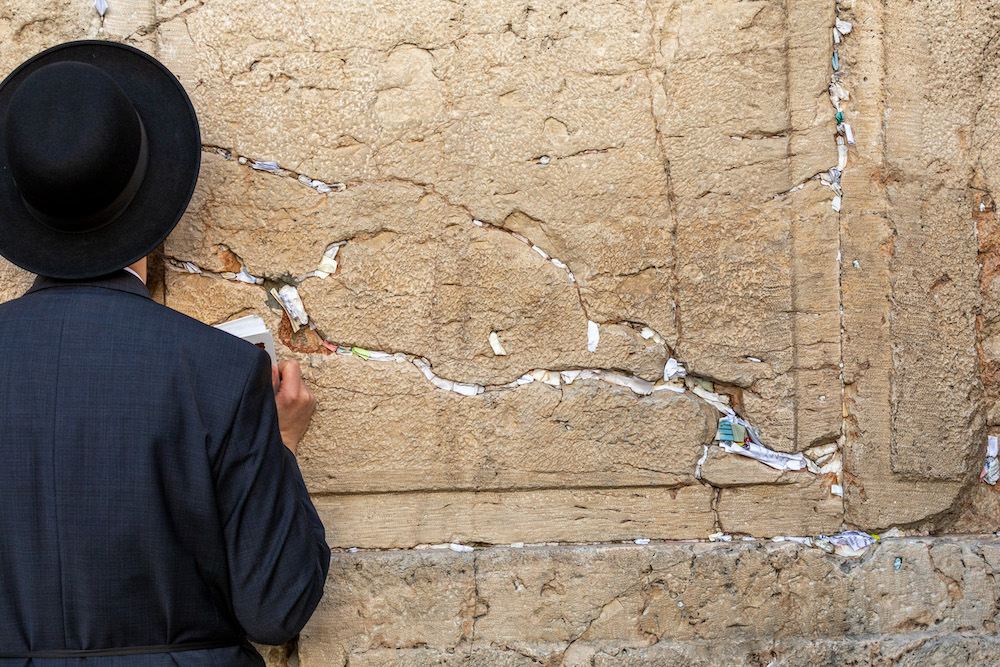
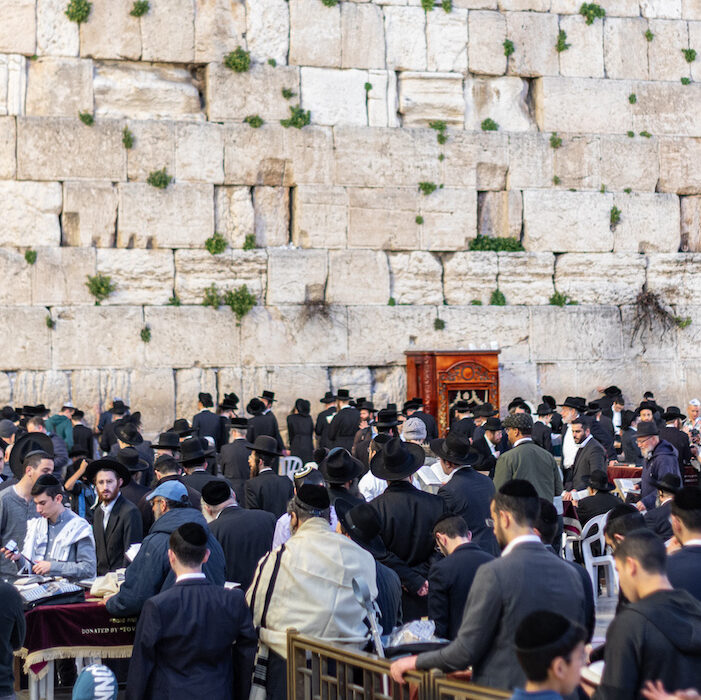
"Love my (Biblical) Calendar—I travel with it too."
What is Fusion with Rabbi Jason?
It is in looking back at what God has done that we can see forward to His future plans for us. “For I know the plans I have for you,’ declares the Lord, plans to prosper you and not to harm you, plans to give you hope and a future” Jer 29:11.
At Fusion Global with Rabbi Jason Sobel, we want to add definition to your faith as we restore the lost connection to our ancient roots and rediscover our forgotten inheritance.
